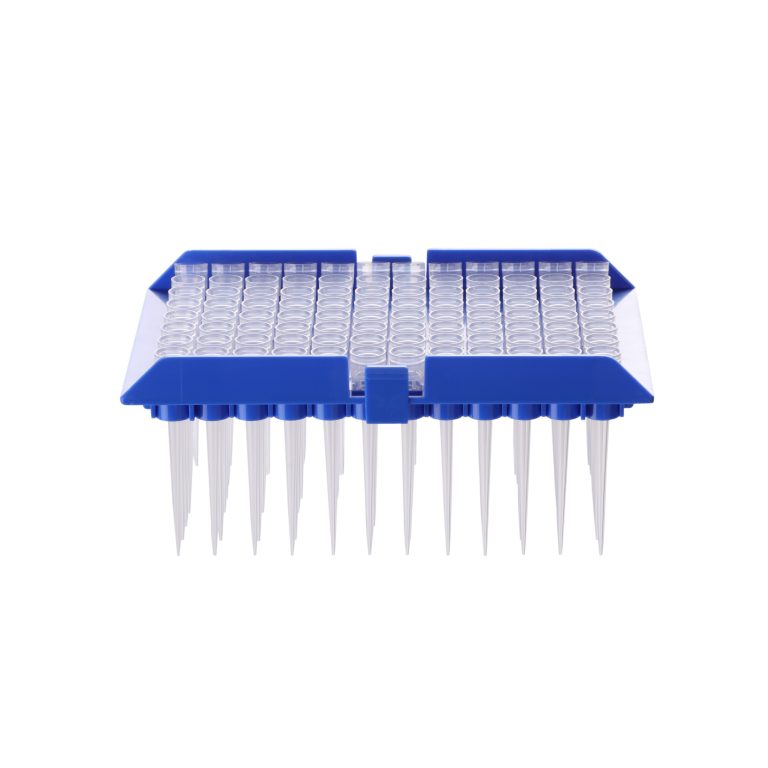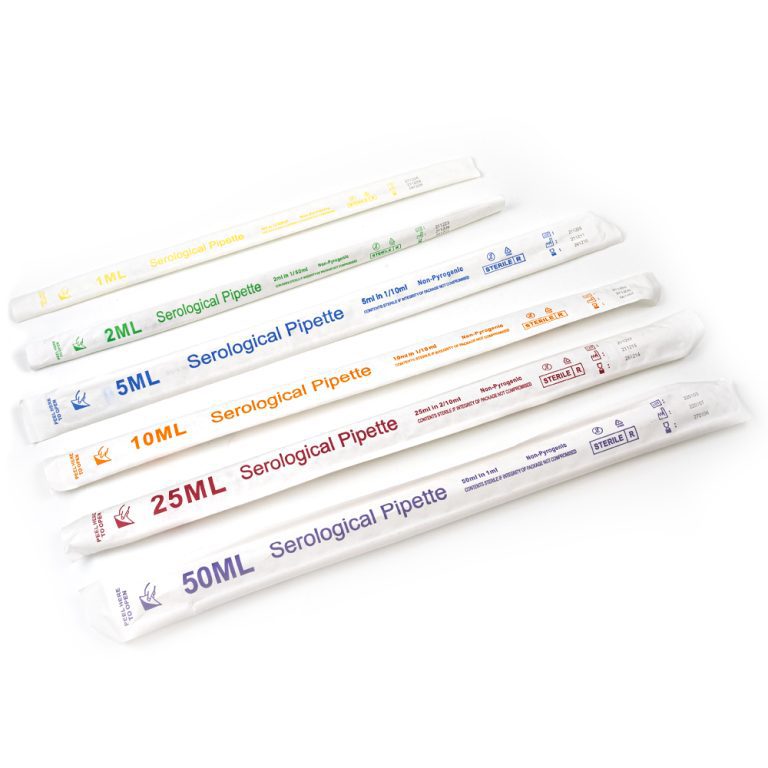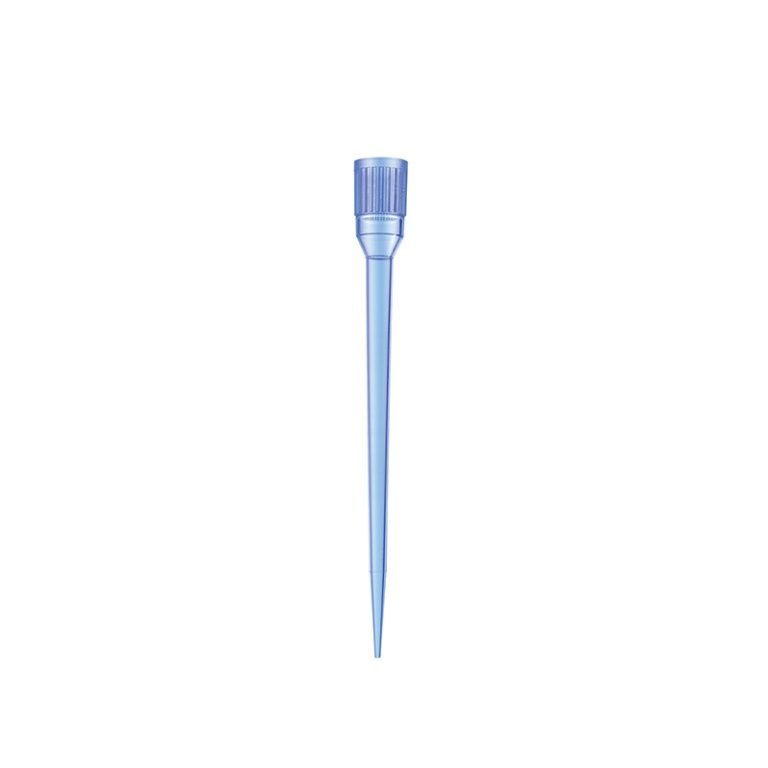Here are some common use cases and applications of cell culture flasks:
– Routine cell culture – Flasks provide growth surfaces for anchorage-dependent cell lines and the production of biomass. Different sizes are available based on scale needs.
– Cell line maintenance – Flasks allow routine sub-culturing and maintenance of cells to preserve genotype and phenotype.
– Primary cell cultures – Culturing of primary cells obtained from tissues utilizes flasks for expansion and characterization.
– Cell-based assays – Bioassays assessing growth, viability, cytotoxicity, etc. are performed in flasks.
– Virus production – Flasks enable the growth of virus stocks in cell culture for use in research or vaccines.
– Hybridoma generation – Fusing antibody-producing B-cells with myeloma cells to produce hybridomas is done in flasks.
– Culture of stem cells – Flasks provide specialized growth surfaces to expand embryonic or adult stem cells while retaining pluripotency.
– Conditioned media preparation – Collecting cell-secreted factors in conditioned media for further study requires flasks.
– Transfection experiments – Flasks allow transfection and selection of transformed cell lines expressing recombinant proteins.
– Tumor spheroid culture – 3D tumor models are grown in flasks using scaffolds or as suspension spheroids.
– Cell differentiation studies – Inducing cell differentiation along specific lineages is facilitated in flasks.
– Cell-based immunotherapy – Flasks enable the expansion of therapeutic cells like T-cells, dendritic cells, etc.
So in summary, cell culture flasks provide versatile surfaces for attachment and growth of diverse cell types for research and bioproduction applications.



